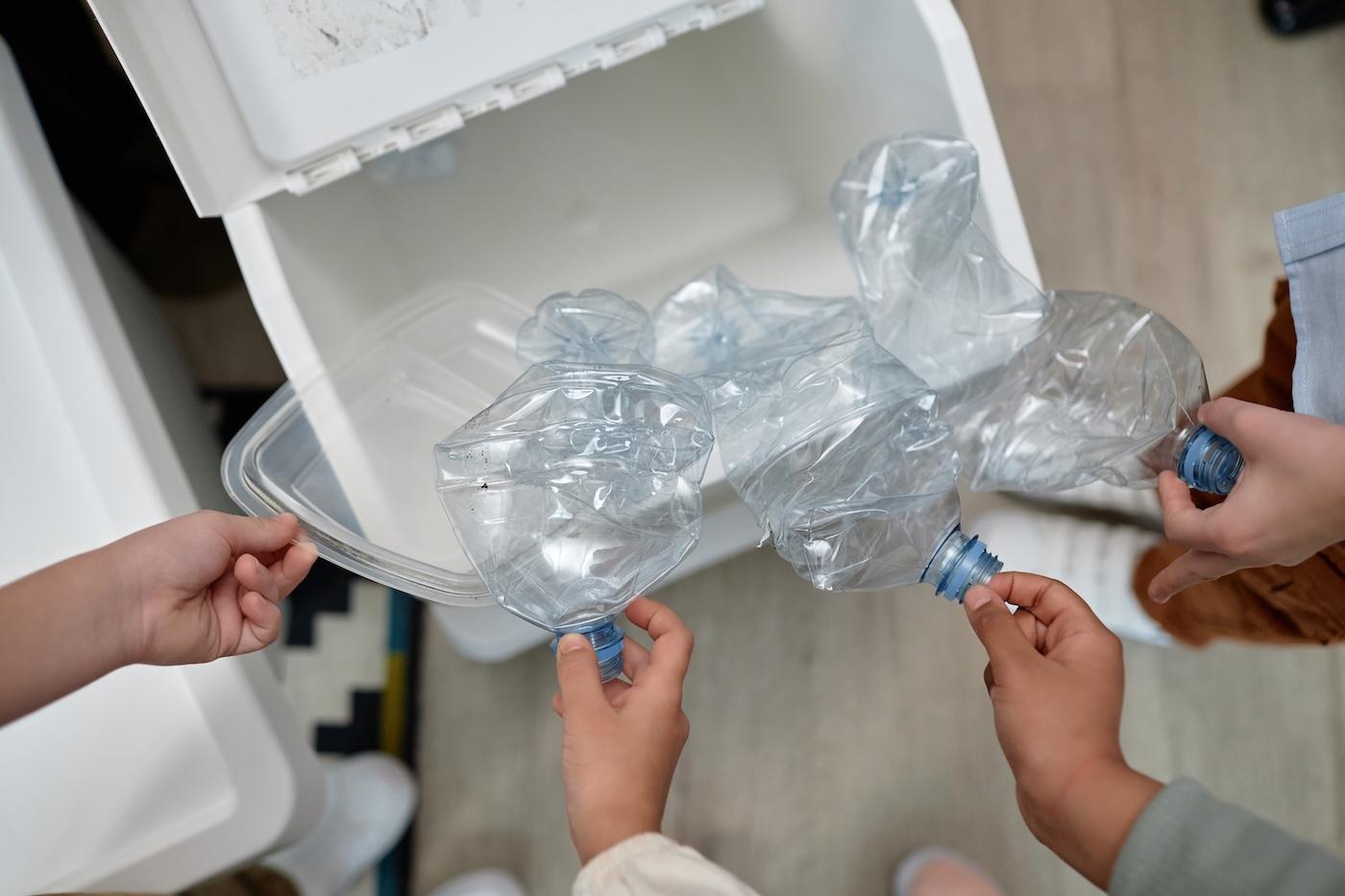PARENTS
Where Black Parents Can Find Breastfeeding Support
Here are a few resources Black mothers can turn to for breastfeeding support.

Written by
Happiest Baby Staff

New parents, from the beginning of time and from all parts of the world, have relied on family and community support to succeed at breastfeeding their children. And, though all new parents could certainly use help, Black mothers face more barriers than white mothers when it comes to their breastfeeding journeys.
Because of these hurdles that exist for Black breastfeeding mothers, Black parents may find support—whether in the form of virtual communities or educational resources—particularly helpful. While moms can look to their experienced friends or doctors for support, there are also professional breastfeeding consultants who can help, and organizations like La Leche League (LLL) that have lots information and can help you find a local group near you. And, there are an increasing number of resources out there specifically for Black breastfeeding mamas….
Organizations That Support Black Breastfeeding
Black Mothers Breastfeeding Association
With the goal of reducing the racial disparities in breastfeeding, this nonprofit organization shares support, educational materials, and other resources that help promote breastfeeding success among Black parents in Detroit and educate and inform providers working with the wider community.
African American Breastfeeding Network
This Wisconsin-based advocacy group champions breastfeeding equity through a variety of programs and services, including connecting expecting and new parents with certified lactation consultants with both virtual and in-person sessions. AABN also offers monthly Community Breastfeeding Gatherings to help pregnant and breastfeeding parents and their loved ones to learn how to navigate breastfeeding together.
Chocolate Milk Café
The Chocolate Milk Café is a national network of Black doulas, lactation consultants, and childbirth educators, that offers culturally-attuned care and support to families of the African diaspora. Right now, the CMC has chapters across 10 states, plus Canada—with 50+ facilitators serving Black families.
Reaching Our Sisters Everywhere
ROSE combats the racial disparities in breastfeeding with networking opportunities and resources for Black breastfeeding moms.
Black Breastfeeding Week
Watch this space! Every year, this hub is the spot to find information and events in honor of Black Breastfeeding week. Events have gone all virtual this year—which means mamas from all over can partake.
The Learning Hub
The resources for Black parents provided by Mocha Manual author Kimberly Sears Allers extend far beyond breastfeeding. Also worth a look: Allers' Irth App—which empowers Black parents through pregnancy, postpartum, and beyond!
Black Breastfeeding Social Media Communities
Breastfeeding Support Group for Black Moms
More than 100K members strong, this Facebook group provides mom-to-mom support and evidenced-based information. You can also check them out on Instagram: @blackfamsdobreastfeed.
Black Moms Breastfeed
Run by the registered nurse and blogger behind TaeMama, this Instagram account showcases Black breastfeeding in action through beautiful photos of real mamas.
Black Breastfeeding Circle of Mamas
This virtual circle of moms is another evidenced-based Facebook group that supports Black breastfeeding moms.
Black Girls Breastfeeding Club
Founded by Ayanna Robinson, PhD, MPH, a mom and public health scientist, Black Girls Breastfeeding Club is all about sharing stories that support for Black breastfeeding—from did-you-know facts to cute baby pictures. You can also find some online classes on their website, including lactation courses, taught by Black birth experts.
Related reading:
- Lactation and Postpartum Resources for New Parents
- Mental Health Resources for Black Parents
- How Families Benefit From White Privilege
Disclaimer: The information on our site is NOT medical advice for any specific person or condition. It is only meant as general information. If you have any medical questions and concerns about your child or yourself, please contact your health provider.
SHARE THIS ARTICLE
MOST LOVED
Sleepytime Sidekicks












